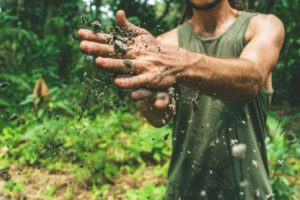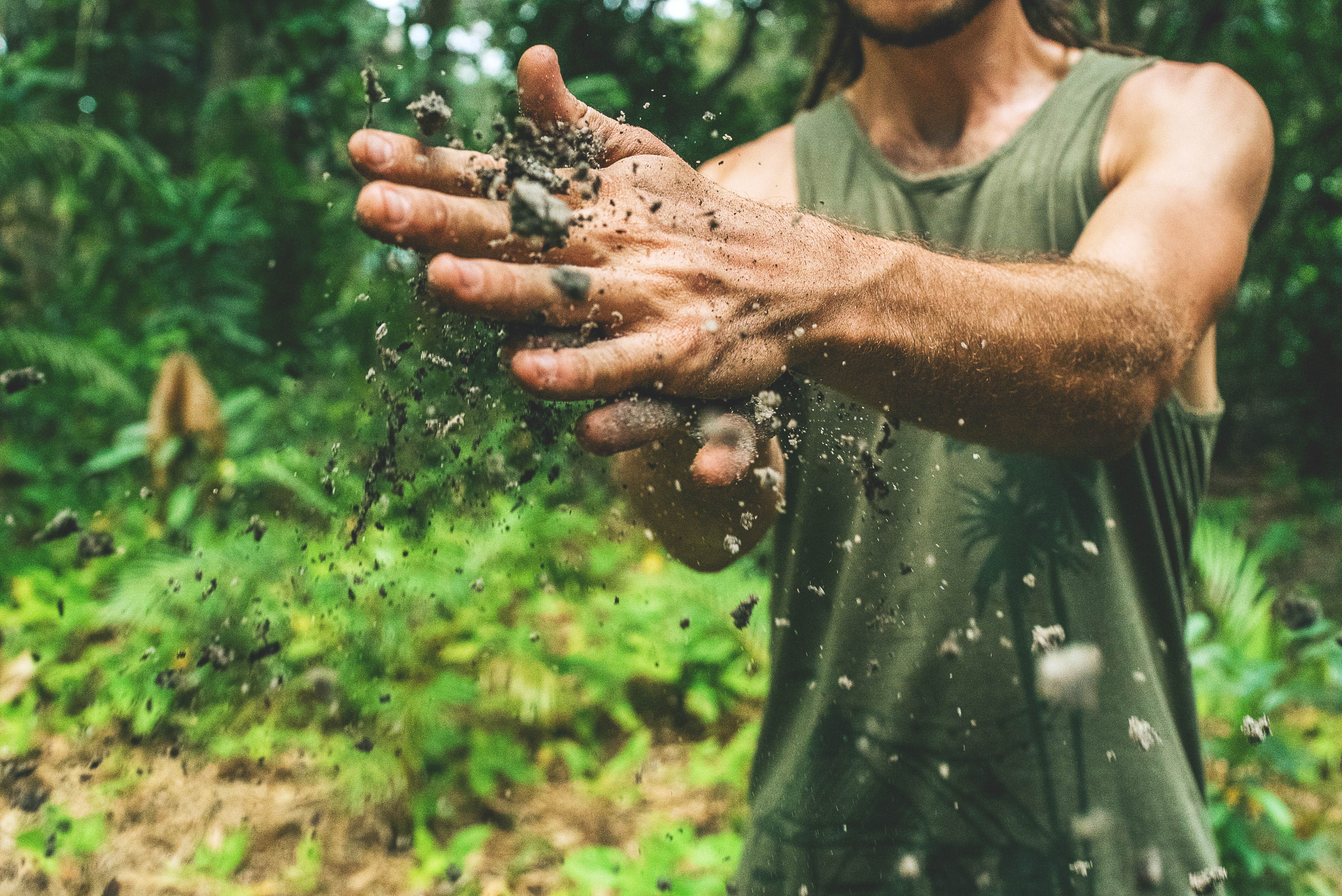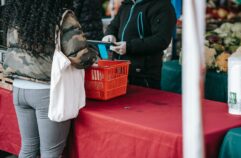 The word “sustainability” gets thrown around an awful lot these days. You might hear it and be tempted to ignore just how revolutionary the word is. Yet places like Kalu Yala, a new town in the remote jungle of Panama, remind us of just how dramatic and total the change to sustainable systems can be. Parents interested in teaching their children about sustainability owe it to themselves to peak into the world of a re-imagined community. This will help us talk to our kids about the concept of sustainability, without glossing over the revolutionary aspects.
The word “sustainability” gets thrown around an awful lot these days. You might hear it and be tempted to ignore just how revolutionary the word is. Yet places like Kalu Yala, a new town in the remote jungle of Panama, remind us of just how dramatic and total the change to sustainable systems can be. Parents interested in teaching their children about sustainability owe it to themselves to peak into the world of a re-imagined community. This will help us talk to our kids about the concept of sustainability, without glossing over the revolutionary aspects.
Relating To Our Children On A New Level
As a parent I often think about the idea that my children are being raised in a different world than I was raised in. My formative years were spent picking up certain beliefs about the world and how things work. My children experience a whole new world. This can seem to separate us, but I choose to look at our differences as a learning experience. They can learn from me, and I can certainly learn from them.
The concept of a brand new town opened me up to some of the significant ways that my children differ from me. These differences encompass the biggest lessons that I can learn from them. This is the biggest difference that I have found: The world that they live in is one that is disillusioned with the old way of doing things — the ways of my own generation. My children see opportunity and newness everywhere. They learn in school that the natural resources of the planet are being depleted, and that humanity must find a new way to survive. My biggest lesson is to put aside my old ways of thinking and help them seek new ways of living on the planet.
A Hybrid Town
This small Panama jungle town is based around the question, “What if we could start over, without any of the old baggage and broken systems?” The founder, a young man named Jimmy Price, had a dream of starting a sustainable community. The town is situated in the remote jungles of Panama. Price raised millions of dollars through angel investors, and worked with world-renown engineers, architects, and community planning experts to design the ideal town.
His vision was to take all that we have learned over the past, retain the good, and throw away the bad. This led to the construction of a modest town in the middle of a “food forest” in the tropics. The town is a hybrid of modern living and tribal living. Every building in the town was built by locals, sourced with local, sustainable materials, and built to be passive. The buildings don’t use air conditioning, for example. 80% of the food that the town survives on comes from the surrounding forest.
How Kids or Adults Can Participate
One of the easiest ways to participate in the revolutionary lifestyle of Panama jungle living is simply to learn about it. Sit down with your kids and check out one of the videos on their site. Learn about the design of the town, the construction concepts, and the way the community members interact.
Another option is to visit the town, or arrange a stay for your child. Hands-on education has many benefits, and traveling to a place is often a much richer experience than simply reading about it. The town offers a study abroad program in which students can immerse themselves in the lifestyle of sustainable living. Students can study biology, health and wellness, business, sustainable agriculture, media arts and more.
Raising A Revolutionary Child
Learning about truly sustainable living helped me see the world from my child’s viewpoint. I take so much for granted when it comes to my world-view. I have ideas about how a town is “supposed” to work, what a community is, how much free-time people should have, and what wealth and success are. My children do not hold the same ideas that I do, nor should they.
I see that some of my children’s actions are ways of rebelling against my outdated viewpoints. After all, if the concept of sustainability is revolutionary at the core, it makes sense that as we shift over into more sustainable ways of being, old systems have to crack open. Those cracks can feel like children rebelling or acting out in negative ways, but really they are just necessary cracks in the system.
If you have a child that is acting out, try asking yourself what they are rebelling against. Is there something that they are trying to break down, so that they can build anew? How can you support their growth in that new direction?
I loved this quote from the Kalu Yala website: “We were born with explorers’ souls at a time where a great work wants doing”. Is your child a natural explorer? What is he or she exploring — and simultaneously rebelling against? Learn about new kinds of communities and you might see your child’s experience very differently. Help your child learn about sustainability by opening yourself up to new ways of being.



